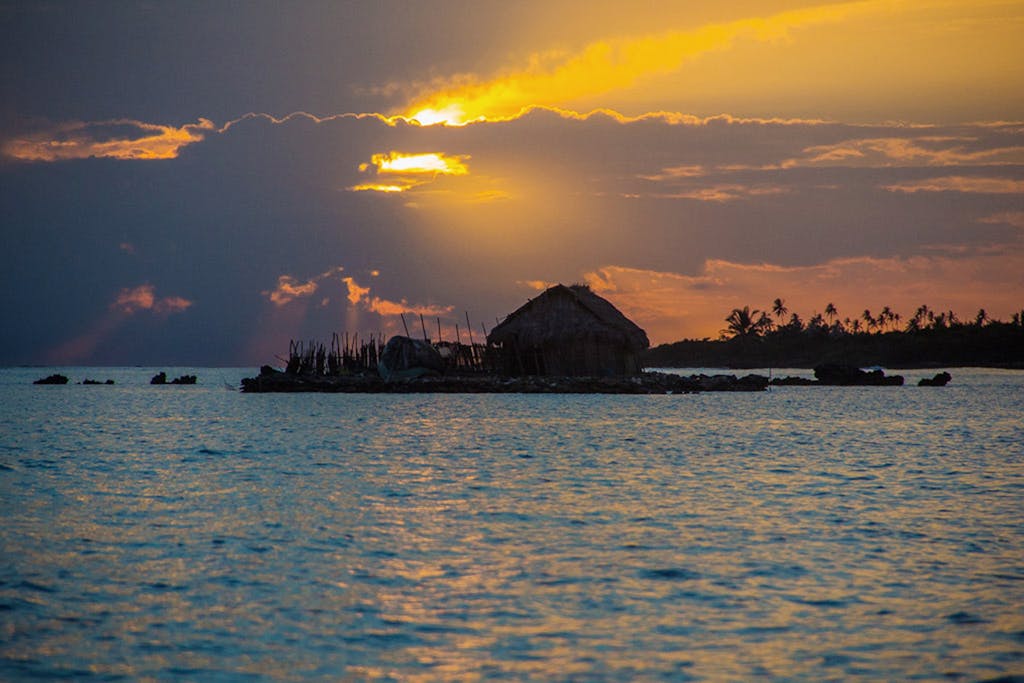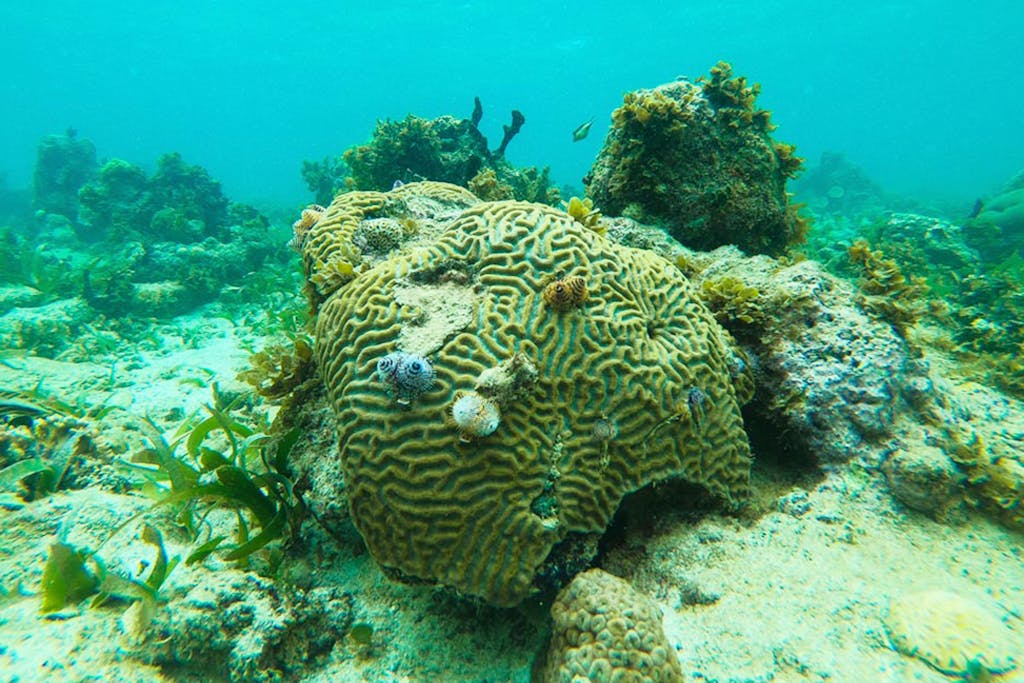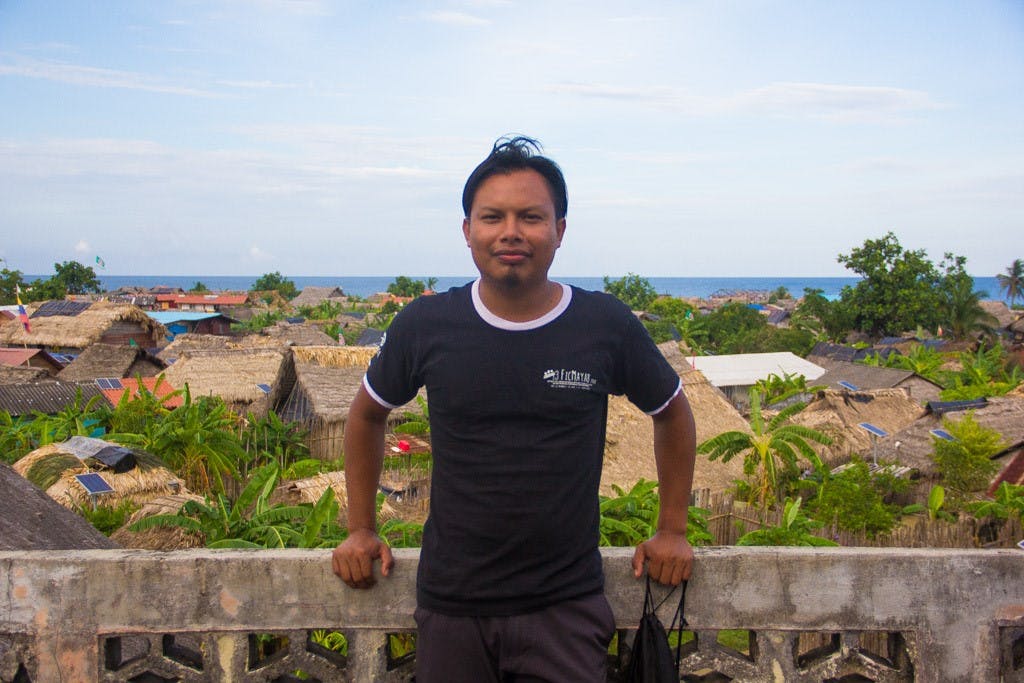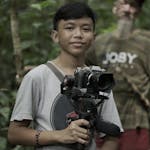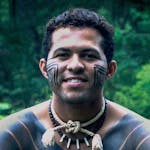Boasting 25% of all marine species and rivaling the biodiversity of tropical rainforests, coral reefs are vitally important to human and planetary health. They serve as a breeding ground for millions of animals; provide new medicines that treat cancer, HIV, viruses, and other health problems; support vast fisheries both near and offshore; and buffer coastlines from almost 100% of wave energy from storms. The abundant biodiversity that reefs display also generates $36 billion every year from tourism.
Unfortunately, tourists often bring destruction to coral reefs.
In recent years, 75% of global coral reefs have “bleached,” a phenomenon of ocean warming and acidification that kills the living corals and turns them white. Ironically, this means tourists have been flocking to smaller and smaller coral reef areas, such as Guna Yala, bringing with them boats, flippers, garbage, and a limited understanding of the fragility of these reefs.



